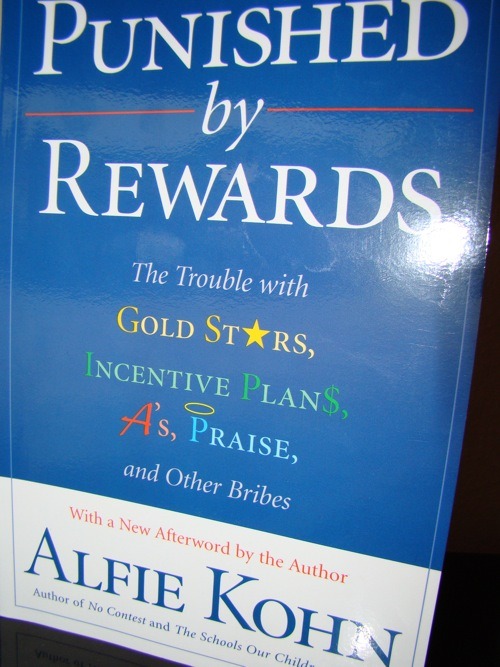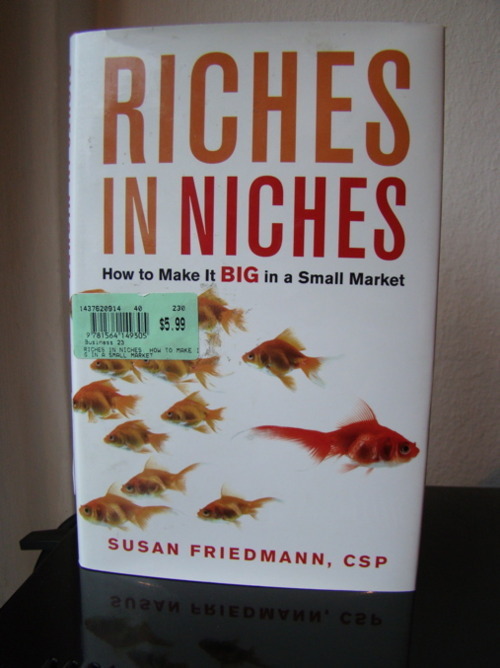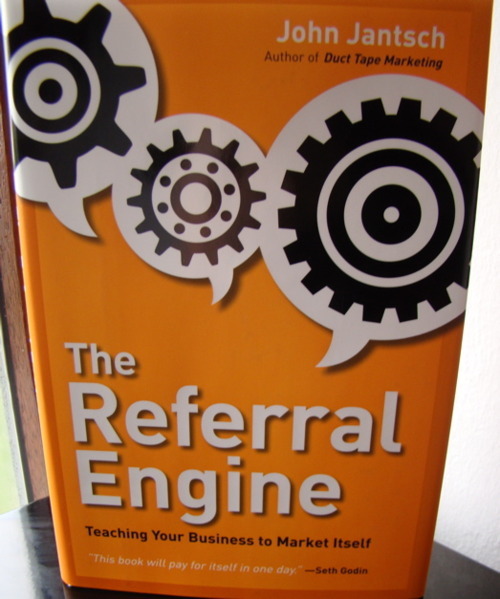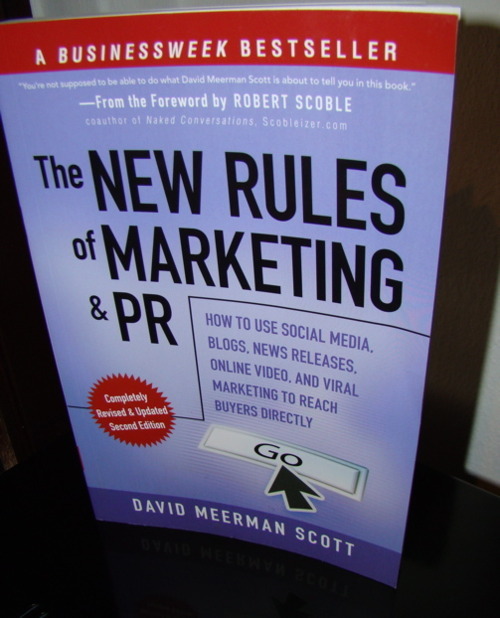
This is one of the books where I just read the title and bought it. Recently, I talked with a friend about rewards and rules and we noticed that they often lead to out crawling from intrinsic motivations. He said “if I have to do something in 48 hours, I will take at least 48 hours – if I can choose my time freely, I probably will do it immediately.” You probably had similar experiences.
Some of these observations will be true. Alfie Kohen wrote lots of other books about schooling and the use of rewards, so this bit in the book is especially interesting.
His main objective is a critique of pop behaviorism, i.e. you have to give something to get something or equivalent with punishments. If I want the kids to learn about history, I have to get them grades. If I want my kids to eat healthier I have to reward them after eating. Or in business settings: If I want my employees to get three new accounts I have to pay them extra for each one. It’s so inherent in our thinking that it have to be challenged.
So what is Kohn saying about this? I read a great amount of studies and presented his findings. The first and most fundamental is that rewards often don’t work and sometimes they worsen the situation. There are some things to understand.
Firstly, rewards punish. A typical setting is some superior (teacher, boss, parent) who compliments you if you did something great. What is if your superior doesn’t compliment you? It’s basically punishment. Punishment and rewards each side of one coin. There are study that found that even compliments can be bad if they are linked to some objective. That’s important! Unexpected rewards sometimes are better than none but as long as you link it so a objective it basically become some form of punishment.
Secondly, rewards distorts your intentions. If you offer your kid a buck for each carrot she eats, she will eat more carrots because of the buck not because of the carrot. The eating of a carrot is the unpleasant thing to do to get the buck. You wanted to promote eating healthy food and instead promoted that healthy food is unpleasant.
Thirdly, rewards crowd out intrinsic motivation. There’s some kind of myth that you can add motivations, that is if you are intrinsic motivated and someone gives you money/praise/etc for doing this task that you will be even more motivated. Actually, motivation doesn’t work that way. If you are not motivated at all, then of course, extrinsic motivation motivates you to do the task. However, if you already are intrinsic motivated the extrinsic motivation can crowd your complete intrinsic motivation out and replace it with extrinsic motivation. This effect is rather famous in economics and studied in psychology.
You will probably think that extrinsic motivation isn’t good but we don’t have any alternatives. Kohn himself thinks that it’s hard because extrinsic motivators are so easy to create. Just throw some money in and you’re done. But there are alternatives which aren’t so easy to implement but have a less damaging effect.
The first one is collaboration. Work with your subordinate together to solve the problem or let him work with outer people. Alfie Kohn cites an interesting case where a mother went crazy because her child don’t wanted to go to sleep at 9pm. She tried nearly everything but she never tried to understand why her child don’t wanted to go to sleep. The same goes for pupils who come to repeatedly to late to school or unmotivated employees. Talk to them and help to solve them the problem. If you’re employee doesn’t like to work at your place then it’s probably the best for both of you that he looks for another job. It’s not the easy way but it does solve problems instead of treating symptoms.
Secondly, content is important. It’s rather easy in think about it in the schooling field. Don’t let kids learn things that are boring. For example, he talked about dates in history and I agree. The interesting thing about the Franz Ferdinand’s dead isn’t that he died on a Sunday or at June 28 but rather that this coincidence lead to the first World War. You can make probably most things interesting and you should!
The last one is choice. The more freedom you allow the more intrinsic motivated people will be. For example, he shows that for uninteresting work the best one can do is, to let people handle it the way they want. Even for interesting work this has a positive effect and the business literature begins to include it. We let people work from their home or they don’t have to be in office from 8 to 5 but rather just have to get some task done till some date. This exactly the choice which helps to increase people’s motivation.
This book got so many interesting studies in it that I recommend this book to nearly everyone but to everyone who is some form of authority: Parents, teacher, supervisors.



